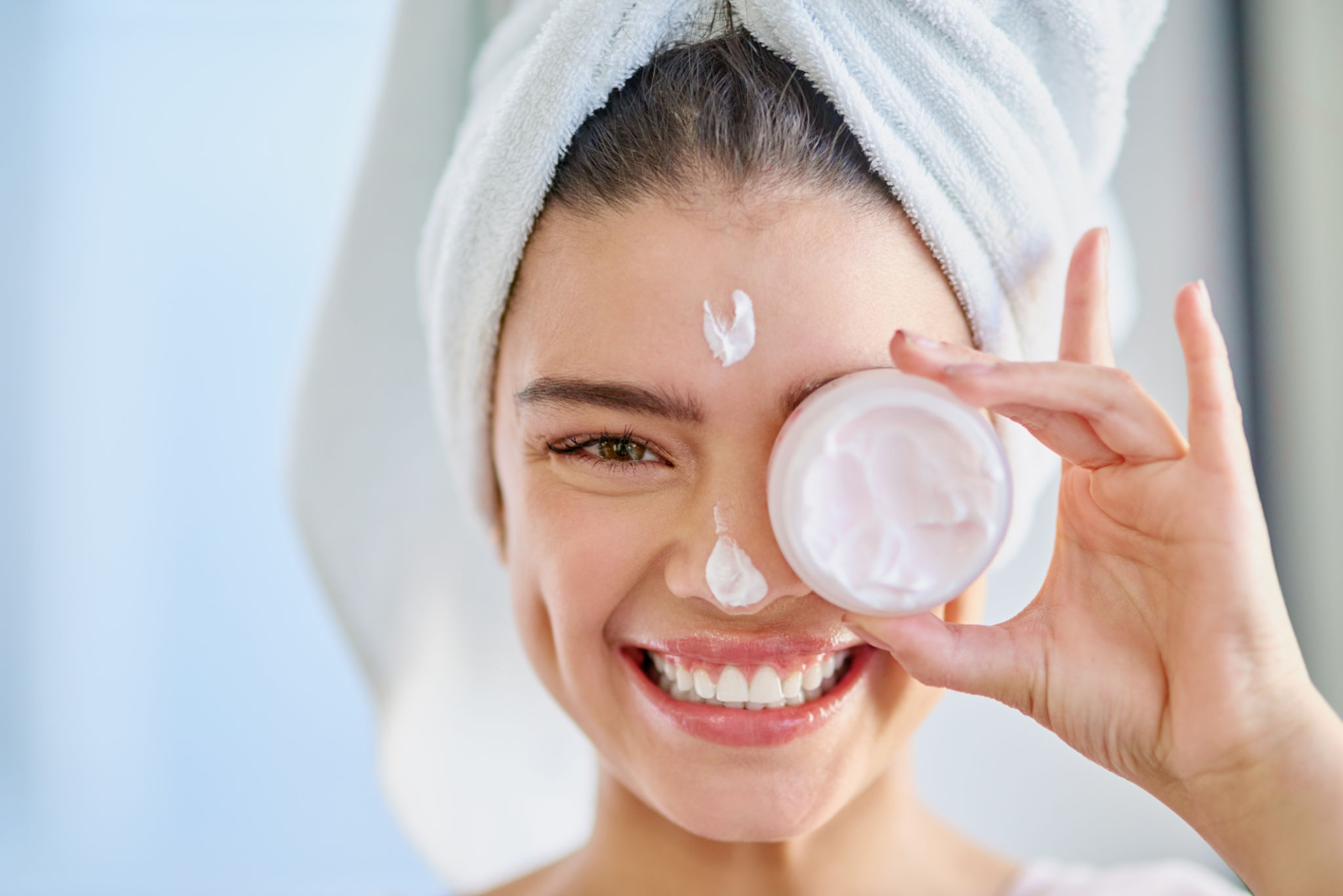Herbal Skincare Myths Debunked: What You Need to Know
Understanding Herbal Skincare
Herbal skincare has gained immense popularity over the years, promising natural solutions to various skin concerns. However, amidst the growing trend, several myths have emerged, leading to confusion about the effectiveness and safety of herbal products. It's essential to distinguish fact from fiction when it comes to herbal skincare.

Myth 1: Herbal Means Hypoallergenic
One common misconception is that all herbal skincare products are hypoallergenic. While many herbal ingredients are gentle, it doesn't guarantee they are free from allergens. Plants like lavender and chamomile can cause reactions in sensitive individuals. Always perform a patch test before fully incorporating any new product into your routine to ensure it suits your skin.
Myth 2: Natural Ingredients Are Always Better
There's a prevalent belief that natural ingredients are superior to synthetic ones. However, not all natural ingredients are beneficial for every skin type. For example, citrus oils can be irritating and increase sun sensitivity. Moreover, some synthetic ingredients are specifically designed to be more stable and effective. It's crucial to understand the properties of each ingredient rather than assuming that natural is always better.
Evaluating Effectiveness
Another myth is that herbal products require longer to see results compared to conventional products. While it's true that some herbal ingredients work gradually, many offer immediate benefits. For instance, aloe vera gel can soothe and hydrate the skin almost instantly. Understanding how different ingredients work can help set realistic expectations.

Myth 3: More Is More
When it comes to herbal skincare, there's a misconception that using more product or more ingredients will yield better results. In reality, overloading your skin with products can lead to irritation and clogged pores. It's better to focus on quality and consistency rather than quantity. A streamlined routine with well-chosen products can be more effective.
Safety Concerns
Safety is a priority when choosing skincare products, and herbal options are no exception. A myth persists that all herbal products are safe because they're natural. However, without proper formulation and preservation, these products can harbor bacteria and lose efficacy. It's important to choose products from reputable brands that adhere to safety standards.

Myth 4: Herbal Products Don't Need Preservatives
Some consumers believe that preservatives are unnecessary in herbal skincare, assuming they only contain pure plant extracts. However, preservatives play a vital role in preventing microbial growth and extending shelf life. Without them, products can spoil quickly and may pose health risks. Always check for natural preservatives like rosemary extract or vitamin E.
Conclusion
Herbal skincare offers a plethora of benefits, but it's important to approach it with a balanced perspective. By debunking these myths, consumers can make informed decisions about their skincare choices. Always research ingredients, test products on your skin, and consult professionals if needed. Embracing an informed approach ensures that your herbal skincare routine is both safe and effective.
